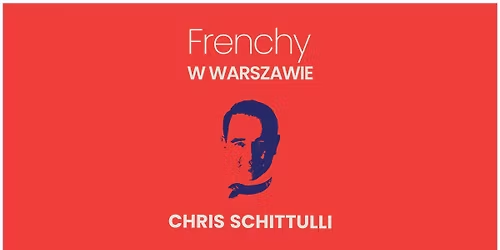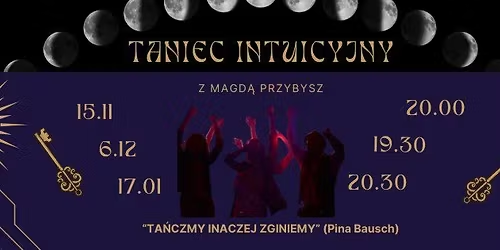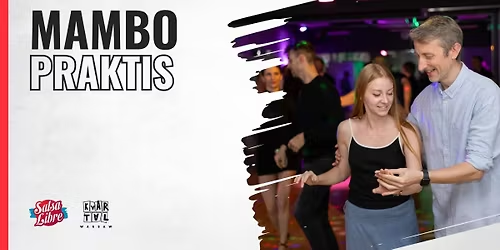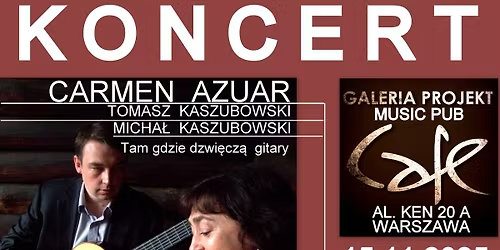In defense of democracy. Why did Serbs take to the streets?
Schedule
Sat, 15 Nov, 2025 at 07:00 pm
UTC+01:00Location
Centrum Edukacyjne | Warsaw, MZ

Advertisement
Serbia has been experiencing the largest protests in its history for a year now. Students, followed by academics, teachers, workers, and citizens, took to the streets demanding accountability for the tragedy in Novi Sad on November 1, 2024, but their demands quickly turned into opposition to corruption and the political system that has ruled Serbia for over a decade. The current protests are not about acting within corrupt political institutions, but about questioning their foundations and forcing the state to comply with its own laws and principles—the subversive power of the movement lies in this simplicity.The protests erupted after a construction disaster—the collapse of the roof of the railway station in Novi Sad, which killed 16 people—and quickly turned into a broad movement of opposition to President Vučić's rule. I would say: Protesters repeatedly faced police and government repression, and European media, though slow to catch on, highlighted both the mass scale and determination of the movement. Public support for the protests was significant – after just three months, 64% of citizens declared their support for the students' actions, and a 2025 KOMS survey shows that nearly 90% of young people support the protests, with 76% supporting blockades in secondary schools.
Currently, protests are an opportunity to defend democracy – often even against the state, which only appears to comply with international procedures. The panel organized to discuss the year of protests will focus on the political and social changes that the protests initiated in Serbia and in Serbian society, as well as the potential effects of the continuous pressure on the government by the movement.
The Gabriel Narutowicz Institute of Political Thought, together with the Institute of Philosophy and Sociology, Polish Academy of Sciences invites you to the debate "In defense of democracy. Why did Serbs take to the streets?".
📅 15.11.2025, 7 pm
📌Centrum Edukacyjne, ul. Gen. W. Andersa 20, Warszawa
The following will participate:
✺Vera Mevorah is a Research Fellow at the Institute for Philosophy and Social Theory (University of Belgrade). She is also a lecturer at the UNESCO Chair MA in Cultural Policy and Management program at the University of Arts in Belgrade. Her research connects critical theory, digital media, and memory studies. She is part of the University in Rebellion (Pobunjeni univerzitet), a community formed in February 2025, as one of several informal academic networks in the country established to support student blockades and defend university autonomy.
✺Marta Szpala is a political analyst, lecturer, journalist, and commentator specializing in the Western Balkans and EU’s neighborhood and enlargement policies. Holds an MA in International Relations and studied Slavic Studies at Warsaw University. Senior Fellow in the Centre for Eastern Studies in Warsaw. PhD candidate at the Graduate School for Social Research of the Polish Academy of Science. Works as a journalist for Polish Weekly Tygodnik Powszechny. Participated in various international research projects devoted to EU’s policy in the Western Balkans as Research Assistant, Researcher, and Project Coordinator. Recently, focus mainly on the issue of energy transformation, energy poverty in the Western Balkans and ecological activism in this region. This year, in the framework of Kosovo Research and Analysis Fellowship (KRAF) conducted field research and published report Cold in Coming. Living in Energy Poverty in a time of crisis. Reflection from Kosovo in a book Confronting Multiple Crises: Local and International Perspectives on Policy-Making in Kosovo edited by I. Armakolas et al.
✺Adriana Zaharijević is a Principal Fellow at the Institute for Philosophy and Social Theory, University of Belgrade. Her work combines political philosophy, feminist theory and social history. She is the author of four monographs (in Serbian) Becoming a Woman [2010], Who Is an Individual? [2014, 2019], Life of Bodies [2020], and Judith Butler and Politics (Edinburgh University Press, 2023). She published in East European Politics and Societies, European Journal of Women Studies, Philosophy and Social Criticism, Redescriptions, Signs, Social Politics, and Women’s Studies International Forum. Her texts have been translated into Albanian, Bulgarian, German, Hungarian, Italian, Macedonian, Portuguese, Slovenian, Turkish, and Ukrainian, and she has actively translated feminist theory and philosophy into Serbian for two decades. She regularly writes short pieces for a wider public, in which she tackles social inequalities, antinationalism and antimilitarism. Adriana is the 2022 Emma Goldman Snowball awardee.
The meeting will be in English.
Advertisement
Where is it happening?
Centrum Edukacyjne, ulica gen. Władysława Andersa 20, 00-159 Śródmieście, Polska, Warsaw, PolandEvent Location & Nearby Stays:
Know what’s Happening Next — before everyone else does.



















